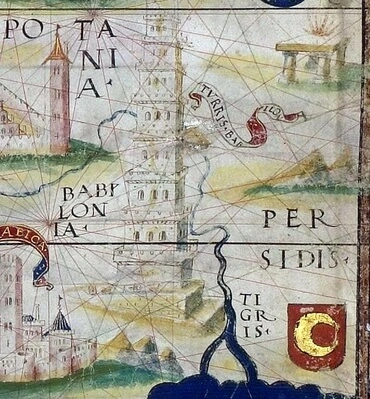The Word

Consider the beautiful but cryptic statements of John 1:1:
"In the beginning was the Word, and the Word was with God, and the Word was God."
God's love has always been and will always be infinite and perfect. That means the expression of God's love -- His truth -- has also always been and will always be infinite and perfect.
The Lord has shared this truth with us in various ways since the beginning of humanity. The earliest people received truth directly, flowing into the inner parts of their minds from heaven. Later, people understood it through nature seeing the Lord's love expressed in mountains, trees, rivers, and the sun, moon and stars. By using natural language as a container for spiritual language, the Lord expressed truth within the Bible inside its stories, laws and prophecies. When humanity reached its lowest point, God took on a human form and walked among us as Jesus. In this way, the Lord brought us Divine truths in an accessible and tangible way. By accepting and loving the Lord as Jesus we can open ourselves to His love.
Finally, the Heavenly Doctrine received through the pen of Emanuel Swedenborg are themselves a container for Divine Truth, both in speaking plainly about heaven and by unlocking the truth as it is contained in the Bible.
The Word itself is Divine Truth; the Lord's expression of love has and never will change.
(Odkazy: John 1)
Babylon (Babel)

Babylon was an ancient city built on the Euphrates river in what is now southern Iraq. It once was the capital of a great empire which at one point conquered the land of Judah as mentioned in the second book of Kings and in Daniel. But the river changed its course and the city was abandoned long ago. Both the historic city in Mesopotamia and the parable city with its tower, mentioned in Genesis, represent the same thing, a worship that appears holy in externals, while the internals are profane. This representation expands to mean a church whose leaders use this kind of worship to gain dominion over others for their own gain and for the gain and power of the church. The city itself is the doctrinal structure that supports this kind of worship and dominion.
(Odkazy: Apocalypse Explained 1029; Arcana Coelestia 1283, 1302, 1304, 1310, 1311)






